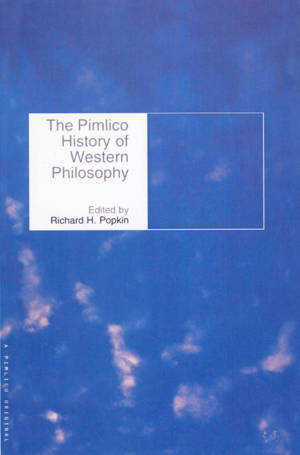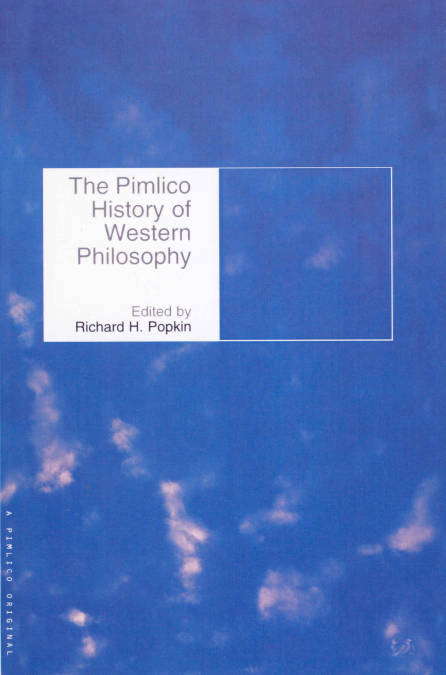
- Afhalen na 1 uur in een winkel met voorraad
- Gratis thuislevering in België vanaf € 30
- Ruim aanbod met 7 miljoen producten
- Afhalen na 1 uur in een winkel met voorraad
- Gratis thuislevering in België vanaf € 30
- Ruim aanbod met 7 miljoen producten
Zoeken
€ 12,99
+ 12 punten
Uitvoering
Omschrijving
THE PIMLICO HISTORY significantly broadens the scope of Western philosophy to reveal the influence of Middle Eastern and Asian thought, the vital contributions of Jewish and Islamic philosophers, and the role of women within the tradition. Popkin also emphasizes schools and developments that have traditionally been overlooked. Sections on Plato and Aristotle are followed by a detailed presentation on Hellenistic philosophy and its influence on the modern developments of materialism and scepticism. Another chapter considers Renaissance philosophy and its seminal influence on modern humanism and science. Turning to the modern era, the contributors give equal attention to both sides of the current rift in philosophy between continental and analytic schools, charting the development of each right to the end of the twentieth century. Each chapter includes an introductory essay, and Popkin provides notes that draw connections among the separate articles. The rich bibliographic information and the indexes of names and terms make the volume a valuable resource. Combining a broad scope and penetrating analysis with a keen sense of what is relevant for the modern reader, the book provides an accessible intro for students and general read.
Specificaties
Betrokkenen
- Auteur(s):
- Uitgeverij:
Inhoud
- Taal:
- Engels
Eigenschappen
- Productcode (EAN):
- 9781446444283
- Verschijningsdatum:
- 17/01/2011
- Uitvoering:
- E-book
- Beveiligd met:
- Adobe DRM
- Formaat:
- ePub

Alleen bij Standaard Boekhandel
+ 12 punten op je klantenkaart van Standaard Boekhandel
Beoordelingen
We publiceren alleen reviews die voldoen aan de voorwaarden voor reviews. Bekijk onze voorwaarden voor reviews.











